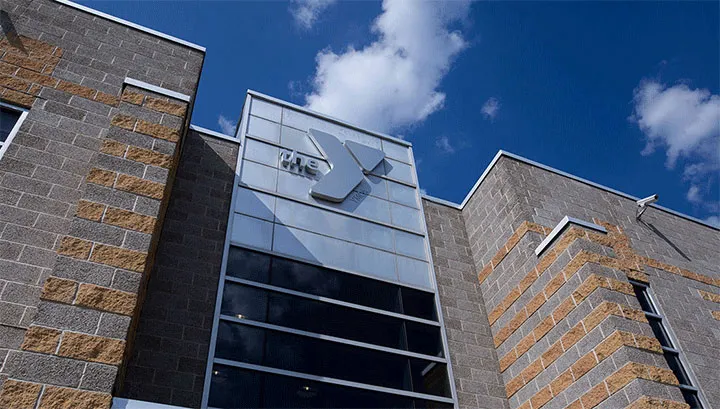Ericka Shelton,
Intake Coordinator, Hazelwood YMCA
I had a client come in for a Dollar Energy appointment for her electricity bill back in April. She was an elderly woman, around 80 years old (though she certainly didn't look her age). I greeted her as I do all of my clients, and we began the appointment.
Everything was moving along smoothly, and then she began to talk about what has her in such dire financial straits. She has two adult sons; one has an addiction issue, one is just a petulant child. Both of them have stolen and spent nearly all of her retirement money. She lives in Homestead, on a street that Port Authority no longer serves. She was struggling with her bills and transportation, and was really at her wit’s end.
As she was talking, I offered her a few words of comfort as I continued to do her Dollar Energy application. Then she mentioned that she was seriously contemplating suicide, because she had no money, no resources and no help. She didn't really have any other family besides her sons, and she couldn't rely on them for help.
I stopped doing her application, offered my hand and told her that I understood her hurt and frustration. It's an awful feeling when you feel like the people closest to you can and will hurt you without blinking an eye, and it can be frustrating trying to navigate that issue while struggling financially. I told her that she still has a lot of life left to live, and that suicide is a permanent fix to temporary problems. I told her there are resources in and around her area that I could help her navigate to help her get back on track with her bills. I offered to look up resources and programs for every single one of her needs once we were finished doing her Dollar Energy application.
She looked really relieved, and I offered her a tissue while allowing her the space to vent her frustrations about her sons and her bills. Once we finished her Dollar Energy application, I looked up resources for transportation, food, and repairs to her home (ACCESS, local food banks and Meals on Wheels, and, Action Housing). I also gave her the phone numbers to Holy Family Institute offices in Swissvale and McKeesport to apply for CAP with Duquesne Light. We scheduled another appointment for her PA American Water bill and for her to sign up for sewage help though ALCOSAN and Dollar Energy. When I was finished, she had an entire list of resources, as well as my business card.
When we were done with her appointment, she asked me if it was okay to give me a hug. I assured her it was, and as we hugged she thanked me again for letting her vent and for helping her with the resources. She told me that she felt so much better and that I was very nice, and very easy to talk to. She said she would go home and begin making phone calls right away so that she could start living her life again.
She was my last appointment of the day, and I did take a moment to decompress before I left the office. I'm glad to say that I've spoken to her a few times since April, and she's been able to keep her bills under control with CAP, and ACCESS has handled her transportation needs. I expect to see her for LIHEAP pre-applications towards the end of September.
So, that's the whole story. I hope it helps my colleagues understand how important the work we do at Hope for All is. It's not solely about numbers. The people we serve matter, and the capacities in which we serve them can have a bigger impact on them than this program originally intended.
I also hope it motivates them to check in on their elderly loved ones. Often times, they're very, very lonely, and, they could be suffering mentally and emotionally in silence because they have no one to talk to. Suicide rates for the elderly are statistically higher than any other demographic in the United States. It's important that we keep in touch with the elders in our families.
Hope starts at home!
Hope for All is a collaborative project of the YMCA of Greater Pittsburgh with the YWCA Greater Pittsburgh to identify households in the Pittsburgh area facing financial hardship, and provide them with access to benefit programs and supportive services.
